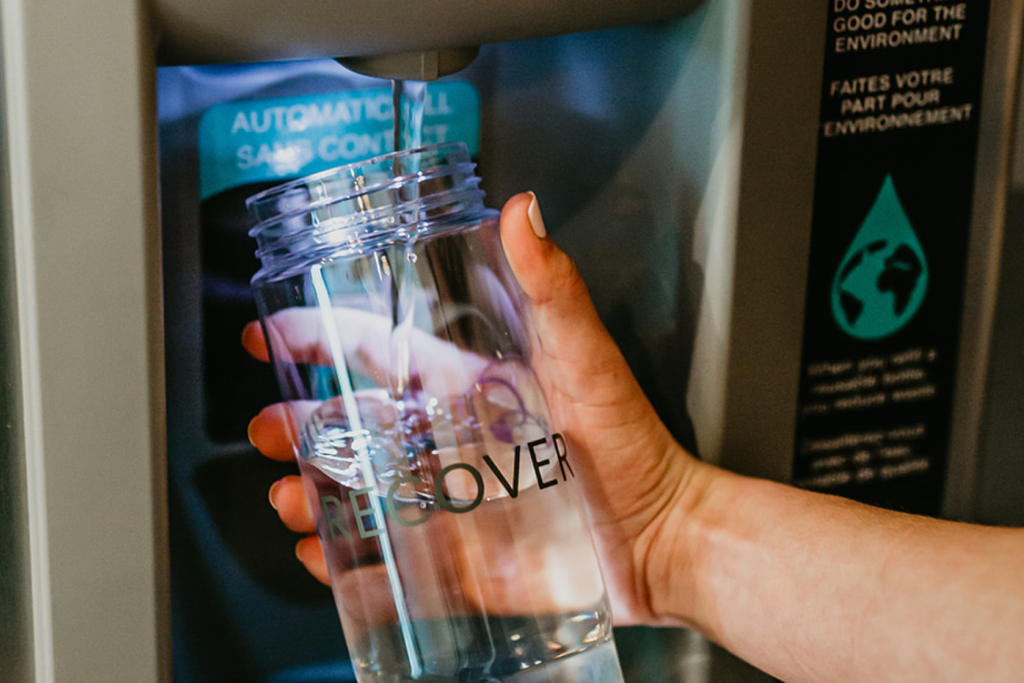After straining a muscle, you might be eager to get back to normal as quickly as possible. However, following a muscle strain, it is always important to give your muscles time to fully recover to prevent further injuries.
Muscle strains are a common injury and can be caused by physical activity, lifting heavy objects, or even just going about your day-to-day activities. A muscle strain can be painful and make it difficult to perform daily tasks. However, muscle strain recovery can be accelerated with proper treatment and care.
Muscle strains can range in severity, and your recovery timeline will depend largely on the extent of the damage to your muscle. For more moderate or recurring cases of muscle strain, you may benefit from working with a physiotherapy clinician. Our team is here to provide support for promoting speedy muscle recovery and preventing future strains.
What Is Muscle Strain?
A muscle strain is an injury to your muscle or tendon that occurs when your muscle fibres stretch or tear beyond their limits. Muscle strain is also commonly referred to as “pulling a muscle.” Muscle injuries can occur in any muscle but are more common in the lower back, neck, hamstring, and calf muscles.
Muscle strains can be graded as mild, moderate, or severe, depending on the extent of the injury:
- Mild: A mild strain involves damage to a small number of fibres in the muscle and will allow you to still use the full strength of your muscle while feeling some pain and tenderness.
- Moderate: Moderate muscle strain involves significant muscle tearing, which can cause a reduction in strength, limited mobility, and significant pain.
- Severe: Severe muscle strain involves a complete tear or rupture of the impacted muscle. A severe muscle strain can cause swelling, pain, and a complete loss of function of the muscle. If you believe that you are experiencing severe muscle strain, it is important to seek medical attention as soon as possible, as this degree of strain may require surgical intervention.
Causes of Muscle Strain
Muscle strain can be caused by overexertion or fatigue of a muscle, as well as sudden movement or muscle contraction. A muscle strain can be acute, meaning it is caused by a single event, or chronic, where a repeated muscle injury occurs.
Symptoms of Muscle Strain
While your symptoms may vary depending on your degree of muscle strain, common symptoms of muscle strain include:
- Pain or tenderness in or around the muscle
- Swelling in or around the muscle
- Muscle cramps or spasms
- A “pop” sound in the muscle at the time of injury
- Reduced strength or mobility of the muscle

How to Speed Up Muscle Recovery
Properly caring for a muscle injury immediately after it occurs is a great way to kickstart the healing process. However, there are additional steps you can take to promote muscle recovery and prevent future injuries.
Nutrition & Hydration
Proper nutrition and hydration are both key to maintaining good overall health, and that includes muscle recovery. Focus on eating a balanced diet that is rich in protein. Protein is absolutely essential for repairing and building muscle.
Hydration can also impact muscle repair, so make sure to drink enough water throughout the day and find a good way to stay hydrated.
Getting Enough Sleep
Sleep is our body’s opportunity to recover. While we sleep, our cortisol levels drop and our body releases essential growth hormones for muscle repair. Getting at least 8 hours of quality sleep every night can help promote muscle recovery.
Physical & Massage Therapy
Seeking the help of a physiotherapist can be extremely beneficial for anyone experiencing muscle strain. A physiotherapist will be able to assess your specific muscle strain and provide effective, in-clinic treatments to promote muscle recovery. They can also provide you with the knowledge and tools to prevent future muscle injuries. Physiotherapy can be a particularly good option for anyone experiencing chronic muscle strain.
Massage therapy can also be beneficial for anyone recovering from muscle strain because it can reduce pain and muscle tension caused by an injury.
Your Muscle Recovery Partner
At Recovery Lab, we live and breathe recovery. We offer a wide range of services that can help speed up your muscle recovery, including physiotherapy, massage therapy, fascial stretch therapy, and cold water immersion therapy.



